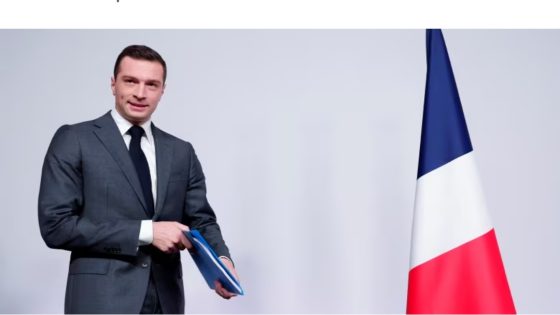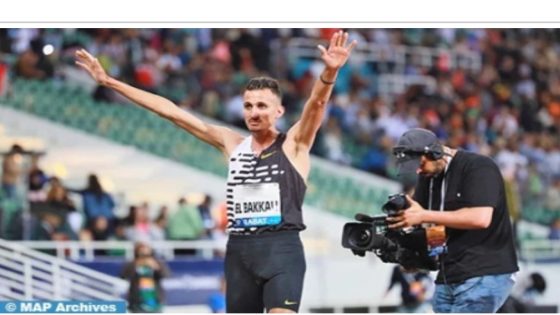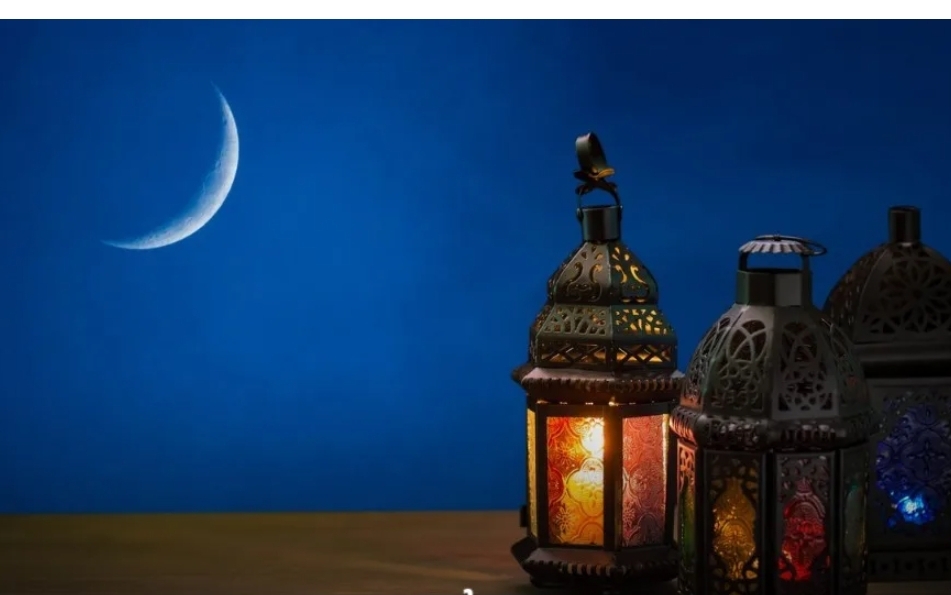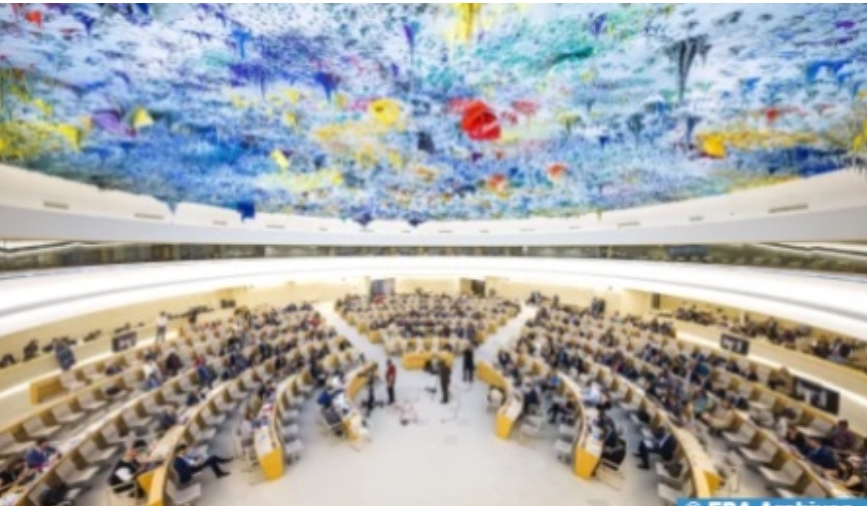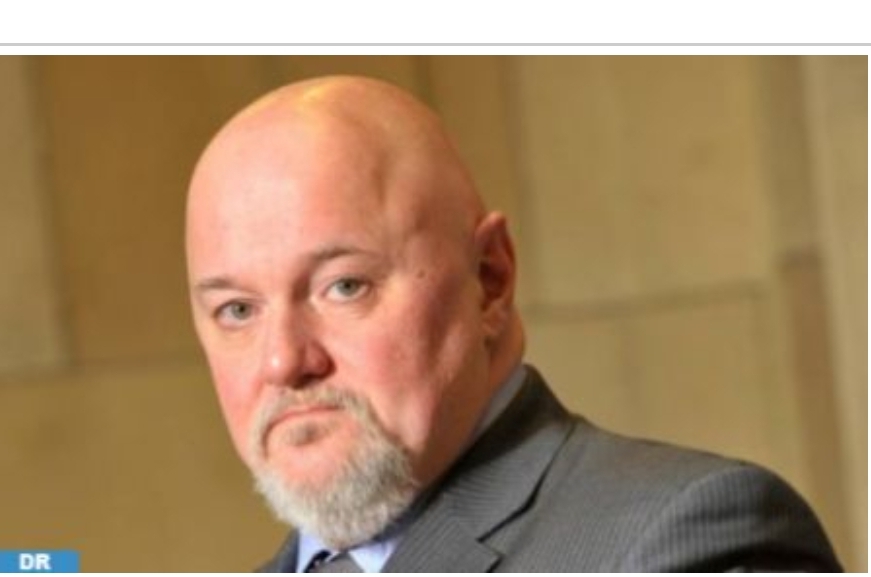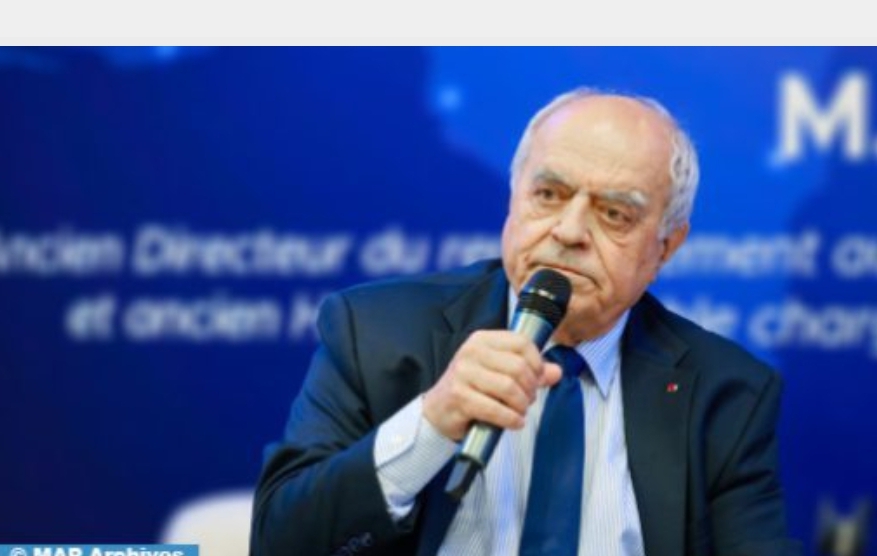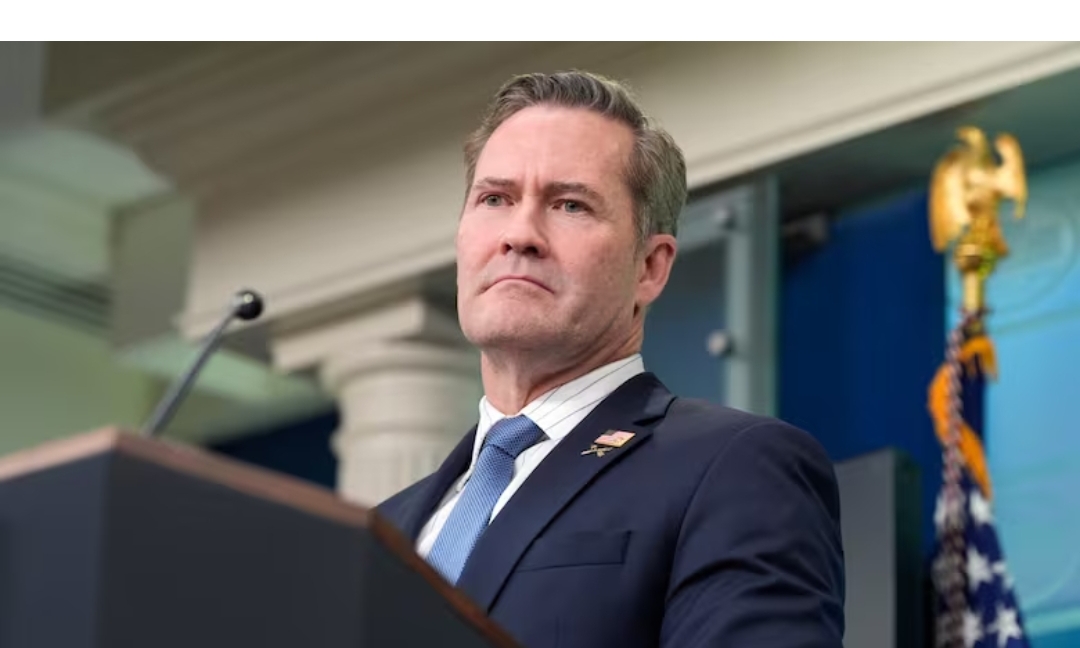Assahafa.com
He’s just 28 years old, but France’s Rassemblement National Leader Jordan Bardella carries himself with the air of someone who has practised politics over a much longer lifetime.
Earlier this week in Paris, the leader of the country’s surging far-right party confidently strolled up to a podium with France’s tricoloured flag next to him and spent the next 90 minutes reciting his plans for turning the country’s government on its head.
“We are credible, responsible and respect French institutions,” Bardella said, as he went point by point through his party’s platform.
Chief among his targets are policies and programs related to legal and illegal immigration, including cutting child care, health care and welfare benefits for immigrants. Bardella has repeatedly linked the issues of crime and insecurity in France to immigration, which his party says must be reigned in.
He also said the RN, as the party is known, would give French citizens priority for jobs over people who have recently arrived and is proposing to block dual citizens from certain government posts. In a subsequent interview, Bardella acknowledged that if he becomes France’s prime minister, he will also move forward with a law to “combat Islamist ideologies” — specifically giving him the power to close certain mosques and deport imams that the government deems to have been radicalized.
France’s far-right National Rally is surging in the polls ahead of national elections as a growing number of French women respond to youthful leader Jordan Bardella and his promises to protect women’s rights and curb immigration.
On key foreign policy issues, Bardella said his goal is to reduce France’s contributions to the budget of the EU by up to three billion euros — a cut of more than 10 per cent. While not necessarily a first step toward “French Brexit,” the idea nonetheless caused shudders for many who want to keep the European Union at the heart of the country’s political and economic fabric.
And while Bardella spoke of the need to contain “Russian interference,” he also said he would restrict how French weapons could be used by Ukraine and ruled out the possibility of a French training mission there — both moves that opponents see as helping Vladimir Putin.
Same party, new face?
Bardella’s speech represented the culmination of a decades-long evolution of far-right politics in France.
The Rassemblement National was rebranded in 2018 from the former National Front party, which openly embraced neo-Nazi ideology and downplayed the Holocaust. Party organizers hope French voters will embrace it as a more moderate, electable right-of-centre option, led by a charismatic leader in Bardella, who’s part of the TikTok generation (where he’s got 1.7 million followers).
“I think that his personality, the way he talks, the way he proposes new laws to French people, is very popular today,” the RN’s chief spokesperson, Laurent Jacobelli, told CBC News in an interview.
“That’s why people want to give him a chance to save our country.”
After right-leaning and far-right parties made major gains in the European parliamentary elections, French President Emmanuel Macron called a surprise snap election. Andrew Chang explains what the French president stands to lose — or possibly gain — from taking such a gamble.
Bardella’s stratospheric rise to become the most talked about figure in French politics began when he joined the National Front in 2012 at 16 years old. He had started university in Paris, but never finished, opting to devote his energies to politics instead.
The son of Italian immigrants, he proved to be a quick study. He learned how to run political campaigns and won election to the European Parliament himself in 2019 at the age of 23, making him the second-youngest member ever.
Along the way, Bardella caught the eye of then RN leader Marine Le Pen, who later supported him for party leader when she stepped down to run for France’s presidency in 2022 (she was unsuccessful).
Bardella’s personal life and what drives him, however, remain somewhat of a mystery. Many French-language profiles focus on his clean-cut attire and boyish good looks.
Lydia Lecoq, 63, who works in Paris’s aeronautics industry, said many of his qualities appeal to her.
“I think he has some really good ideas. He’s someone I really like and we hope he will change things,” she told CBC News. “Plus, he’s cute!”
Political analysts who’ve watched Bardella’s steady rise say it’s hard not to be impressed by his focus and ability to connect with people.
“He is 28, very young, but a very politically savvy and talented politician,” said Rym Momtaz, a Paris-based analyst with the think-tank International Institute for Strategic Studies.
She said Bardella “comes off as the perfect son-in-law — someone you would like to have around your table.”
“In a way, [he] has made people forget about his party’s less than stellar positions, and also history when it comes to revisionism, when it comes to the Holocaust or antisemitism or ambiguous and very close ties to Russia, for example,” Momtaz said.
French far-right Rassemblement National (RN) member Edwige Diaz looks on during the event ‘La Fete de la Nation’ (Celebration of the Nation) organized by the party in Le Havre, northern France, on May 1, 2023. She suggested French women don’t feel safe because of high levels of immigration. (Lou Benoist/AFP via Getty Images)
Political gamble
It was Bardella’s success leading the far-right in elections for the European Parliament earlier this month that prompted President Emmanuel Macron to take his big gamble.
Far-right parties surge in European Parliament vote, prompting French snap election
Macron dissolved France’s parliament and essentially dared voters to pick the RN to run the country, betting that when faced with the prospect of having Bardella in charge, people would opt for Macron’s centrist Renaissance party instead.
“France needs a clear majority,” Macron said at the time.
“He kind of wanted to call the bluff,” said Momtaz. “The question is whether it is a bluff, or whether the French society has actually moved that far right.”
So far, most pre-election polling has pointed to an inconclusive result, with Bardella’s party winning around 250 of the 577 seats in France’s lower house — a strong plurality, but not enough for a majority.
People attend a rally protesting against the French far-right Rassemblement National (RN) party in Paris on June 27. The party’s policies make many prospective voters uncomfortable. (Stephanie Lecocq/Reuters)
Such a result, however, would likely still leave Macron worse off. As the leader of the party with the most seats, Bardella would likely become prime minister, but France’s government could end up deadlocked.
Women drawn to the far right
Women may be a decisive factor in the election’s outcome.
In the European elections, the RN racked up an impressive 31 per cent of the vote in France, with women voters powering the far-right surge.
One much-quoted analysis revealed for the first time ever, more women than men supported the party.
“It’s true that the Rassemblement National is increasingly popular with women who see hope in us, particularly hope for regaining their security,” said Edwige Diaz, who — at 36 years old — is the party’s vice-president and one of its most recognizable women parliamentarians.
Chloé Ridel, 32, is a member of France’s Social Party, who is claims the Rassemblement National is using support for women’s gender equality as a pretext to spread hate and racism. (Adrian Di Virgilio/CBC)
In an interview with CBC News outside the National Assembly in Paris, she said that French women don’t feel safe because of high levels of immigration — implying it’s immigrants who are mostly to blame for violence in the country.
“Women’s safety has been forgotten and neither this government, nor the previous one for that matter, wanted to make the link that exists between immigration and insecurity,” she said.
She also doubled down on Bardella’s anti-Muslim messaging.
“In our country, radical Islamism is proliferating because no measures aiming to limit immigration have been implemented. However, radical Islamism does not promote equality between women and men.”
Just how prevalent that view is may become more evident after the first round of ballots are cast on Sunday. If no candidate wins 50 per cent of the vote in a riding, as is usually the case, that race will go to a second ballot on July 7.
The left decries ‘false feminism’
But while some voters seem charmed by Bardella, or drawn to the party’s promises of security, its policies still make many prospective voters uncomfortable.
“I can understand that people have reached a saturation point because unfortunately we hear … a lot about violence,” said Lawrence Herbin, who works with disabled children in a Paris school.
“But I think it’s very rich to have different peoples together and different religions, different ways of thinking.”
French riot police patrol on Champs-Elysees avenue near the Arc de Triomphe in Paris on Thursday. (Gonzalo Fuentes/Reuters)
Ahead of the vote, women’s groups — particularly those on the far left — have been taking to the streets of France to denounce the Rassemblement National, calling its link between women, violence and security “false feminism.”
“Because of its history, which is violent, racist, xenophobic, because of its ideas and vote, the far right will never be feminist,” said Chloé Ridel, who’s with France’s Socialist Party.
She claimed the RN uses women’s equality and gender issues to promote a hateful agenda.
“They say that the men who rape women in France are only strangers. And we say that, no, this is not the case,” Ridel said. “That rapists have no particular skin colour.”
Lise Dupuis, a 19-year-old university student, said she believes the far right would jeopardize decades of gains made by the women’s movement.
“There is this return to the position of the woman as a — someone who gives birth — someone who takes care of family and not necessarily someone who works.”
Patricia Gomis attended a recent demonstration in Paris against the Rassemblement National. She says she worries the far-right party will discriminate against minorities. (Adrian Di Virgilio/CBC)
Patricia Gomis, 42, who’s Black, said she believes minority women will be the first casualties of an RN government.
“They say that I’m not totally French. And I’m born here. So I don’t think that they want me to be here. So I’m worried. A lot.”
Source: cbc
